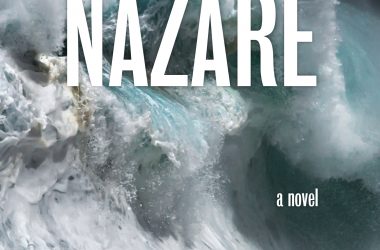By JJ Amaworo Wilson
The great Kenyan writer Ngugi Wa Thiong’o is known for at least four things:
- writing a series of superb novels such as The River Between and A Grain of Wheat while still in his twenties;
- writing the novel Devil on the Cross on toilet paper while imprisoned in Kenya’s Kamiti maximum-security prison;
- turning from writing in English – the coloniser’s language – to Kikuyu, his native language;
- not winning the Nobel Prize in Literature (yet).
Now that Wa Thiong’o is an 80-year-old grandee and literary superstar, you might have thought he’d mellowed. Not at all. He remains a fierce critic of all forms of Western imperialism.
One of his major themes is linguistic imperialism, as evidenced by his 2009 essay collection Something Torn and New: An African Renaissance. This book explored the destruction wrought on Africa by slavery and imperialism, and laid bare his preoccupation with the replacement of African languages by European ones. His thesis is that language is culture. Its role in memory, cultural restoration, and history is central.
In a recent interview with The Nation, he discussed art, language, and the responsibilities of a writer. Here are some snippets:
[When asked if he hoped his work would incite a revolution:] “No. Art does not incite. Art has to do with imagination. The problem with repressive regimes is that they like to starve the imagination. The don’t want you to imagine the possibilities of a different future. They want you to think this is the best of all possible worlds.”
[Asked about Devil on the Cross, originally written in Kikuyu:] “The colonizer not only imposes his language, but he denigrates and represses the languages of the colonized. The condition of learning English was the unlearning of our language, and this continued in the postcolonial era.”
“Look at the Irish situation with the British, or how the languages of Native Americans were denigrated. In Africa we were forbidden to speak in our mother tongues. Japan imposed its language on the Koreans. Wherever you look at modern colonialism, the acquisition of the language of the colonizer was based on the death of the languages of the colonized. So it is a war zone.”
[Asked about a writer’s obligation to describe political oppression and historical injustice:] “I don’t really believe it when a writer says, “Oh! I’m not writing about politics.” Really, they are, because they are espousing a view of the world, consciously or unconsciously. Writers need to be aware they are not neutral agents, that they are products of a certain history and class position. The scars of history are on every writer.”



